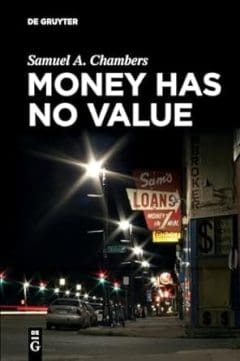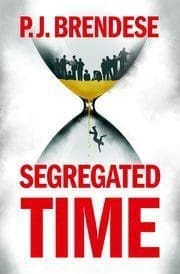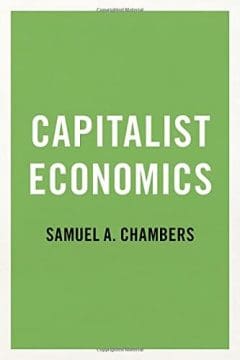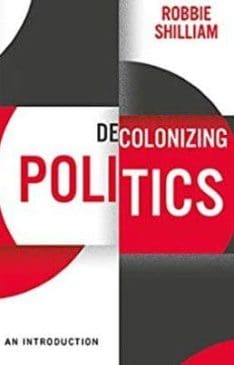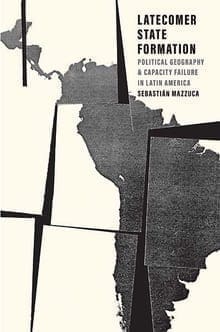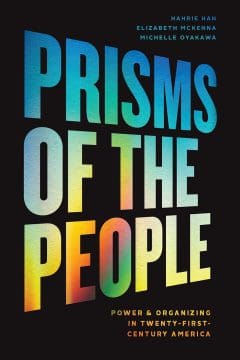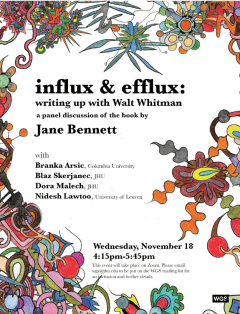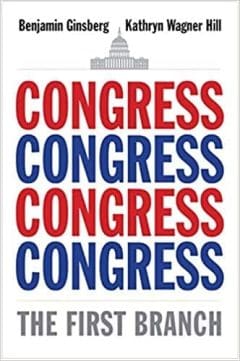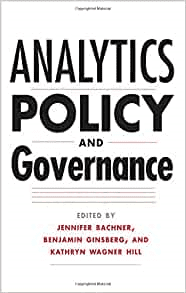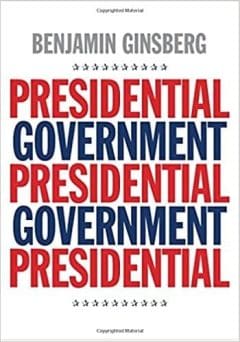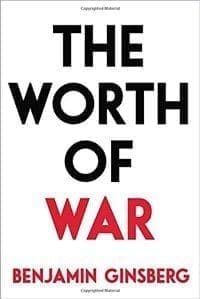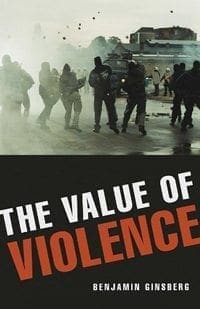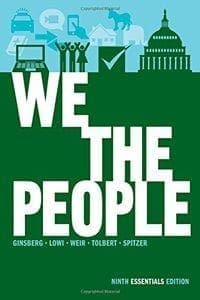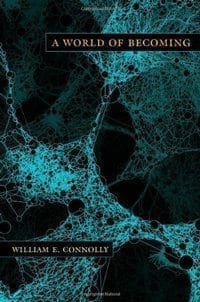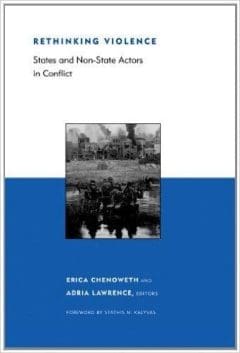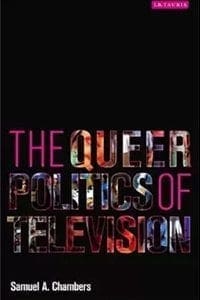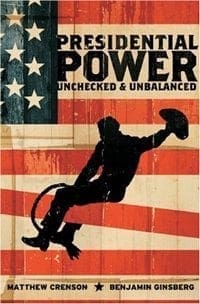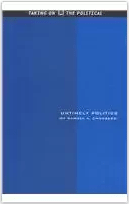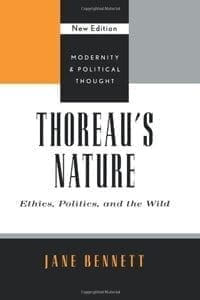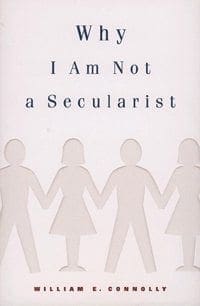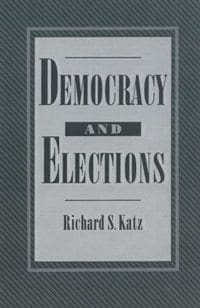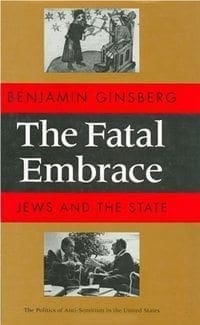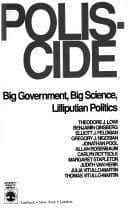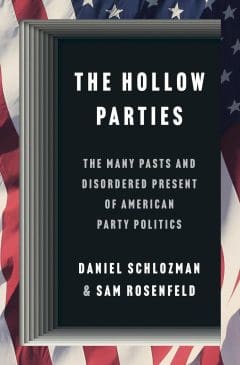
The Hollow Parties: The Many Pasts and Disordered Present of American Party Politics
-
Daniel Schlozman
(author)
-
Princeton University Press ,2024
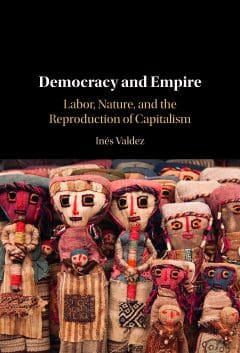
Democracy and Empire: Labor, Nature, and the Reproduction of Capitalism
-
Inés Valdez
(author)
-
Cambridge University Press ,2023
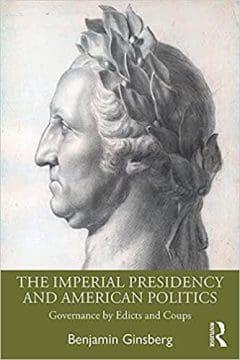
The Imperial Presidency and American Politics: Governance by Edicts and Coups
-
Benjamin Ginsberg
(author)
-
Routledge ,2021
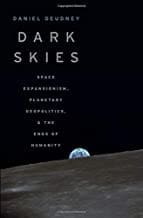
Dark Skies: Space Expansionism, Planetary Geopolitics, and the Ends of Humanity
-
Daniel Deudney
(author)
-
Oxford University Press ,2020
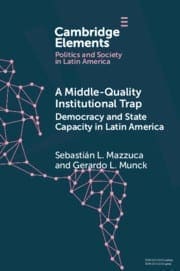
A Middle-Quality Institutional Trap: Democracy and State Capacity in Latin America (Elements in Politics and Society in Latin America)
-
Sebastián Mazzuca
(author)
-
Cambridge University Press ,2020
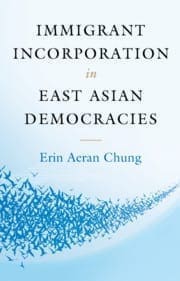
Immigrant Incorporation in East Asian Democracies
-
Erin Aeran Chung
(author)
-
Cambridge University Press ,2020

Armed Guests: Territorial Sovereignty and Foreign Military Basing
-
Sebastian Schmidt
(author)
-
Oxford University Press ,2020
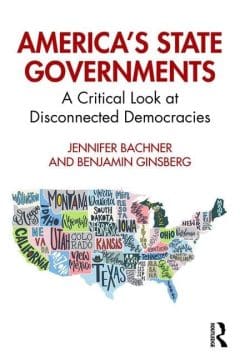
America’s State Governments: A Critical Look at Disconnected Democracies
-
Benjamin Ginsberg
(co-author)
-
Routledge ,2020
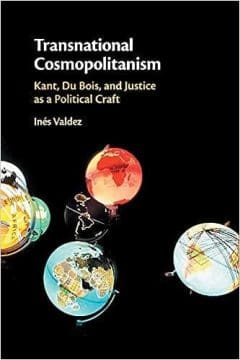
Transnational Cosmopolitanism: Kant, Du Bois, and Justice as a Political Craft
-
Inés Valdez
(author)
-
Cambridge University Press ,2019

Worldviews in Science, Technology and Art in International Relations
-
Renée Marlin-Bennett
(co-editor)
-
Routledge ,2019
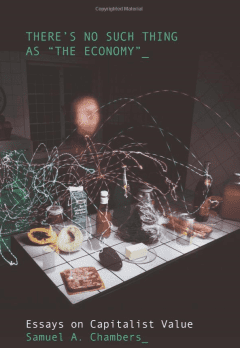
There’s No Such Thing as “The Economy”: Essays on Capitalist Value
-
Samuel Chambers
(author)
-
Punctum Books ,2018

Democracy and the Cartelization of Political Parties
-
Richard S. Katz
(author)
-
Oxford University Press ,2018
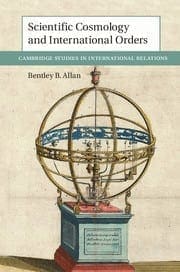
Scientific Cosmology and International Orders
-
Bentley Allan
(author)
-
Cambridge University Press ,2018

Soldiers of Empire: Indian and British Armies in World War II
-
Tarak Barkawi
(author)
-
Cambridge University Press ,2017
Money Talks: Discourse, Networks, and Structure in Militant Organizations
-
Sarah Parkinson
(author)
-
Perspectives on Politics, 14 (4): 976–94. doi:10.1017/S1537592716002875. ,2016
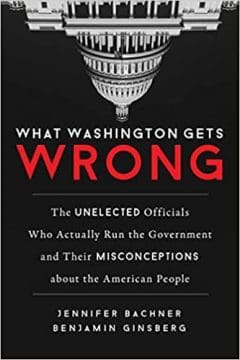
What Washington Gets Wrong: The Unelected Officials Who Actually Run the Government and Their Misconceptions about the American People
-
Benjamin Ginsberg
(co-author)
-
Prometheus Books/Penguin Random House ,2016
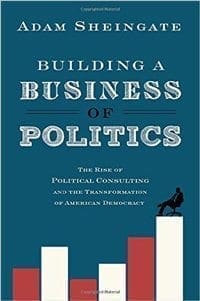
Building a Business of Politics: The Rise of Political Consulting and the Transformation of American Democracy
-
Adam Sheingate
(author)
-
Oxford University Press ,2016
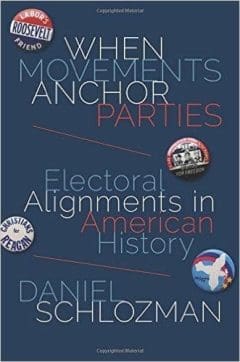
When Movements Anchor Parties: Electoral Alignments in American History
-
Daniel Schlozman
(author)
-
Princeton University Press ,2015
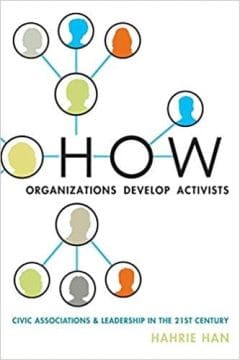
How Organizations Develop Activists: Civic Associations and Leadership in the 21st Century
-
Hahrie Han
(author)
-
Oxford University Press ,2014
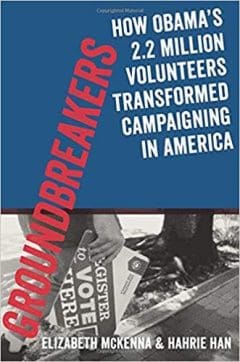
Groundbreakers: How Obama’s 2.2 Million Volunteers Transformed Campaigning In America
-
Hahrie Han
(author)
-
Oxford University Press ,2014
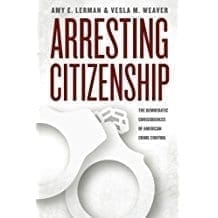
Arresting Citizenship: The Democratic Consequences of American Crime Control
-
Vesla Weaver
(co-author)
-
University of Chicago Press ,2014
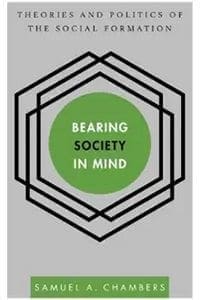
Bearing Society in Mind: Theories and Politics of the Social Formation
-
Samuel Chambers
(author)
-
Rowman & Littlefield International ,2014
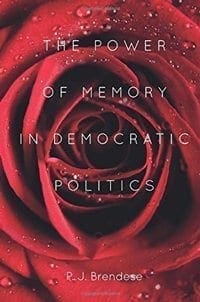
The Power of Memory in Democratic Politics
-
P.J. Brendese
(author)
-
University of Rochester Press ,2014
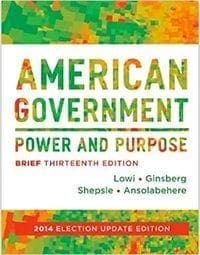
American Government: Power and Purpose
-
Benjamin Ginsberg
(co-author)
-
W. W. Norton & Company; Brief Thirteenth Edition ,2013
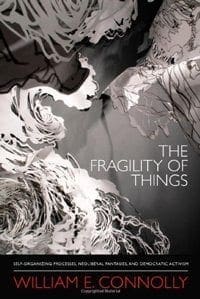
The Fragility of Things: Self-Organizing Processes, Neoliberal Fantasies, and Democratic Activism
-
William Connolly
(author)
-
Duke University Press ,2013
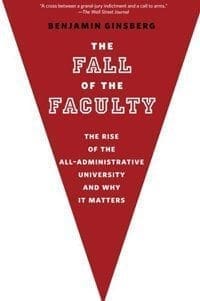
Fall of the Faculty: The Rise of the All-Administrative University and Why it Matters
-
Benjamin Ginsberg
(author)
-
Oxford University Press ,2013
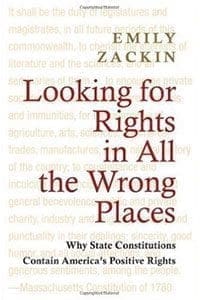
Looking for Rights in All the Wrong Places: Why State Constitutions Contain America’s Positive Rights
-
Emily Zackin
(author)
-
Princeton University Press ,2013

How the Jews Defeated Hitler: Exploding the Myth of Jewish Passivity in the Face of Nazism
-
Benjamin Ginsberg
(author)
-
Rowman & Littlefield ,2013
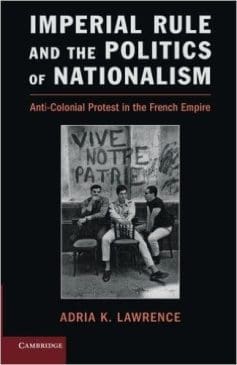
Imperial Rule and the Politics of Nationalism: Anti-Colonial Protest in the French Empire
-
Adria Lawrence
(author)
-
Cambridge University Press ,2013
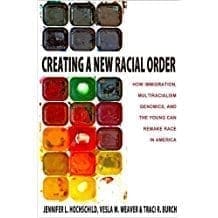
Creating a New Racial Order: How Immigration, Multiracialism, Genomics, and the Young Can Remake Race in America
-
Vesla Weaver
(co-author)
-
Princeton University Press ,2012

Zainichi gaikokujin to shiminken: Imin hen’nyū no seijigaku, trans. Atsuko Abe
-
Erin Aeran Chung
(author)
-
Tokyo:Akashi Shoten ,2012
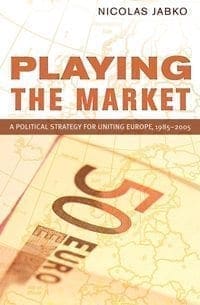
Playing the Market: A Political Strategy for Uniting Europe, 1985-2005
-
Nicolas Jabko
(author)
-
Cornell University Press ,2012

Alker and IR: Global Studies in an Interconnected World
-
Renée Marlin-Bennett
(editor)
-
Taylor & Francis ,2012
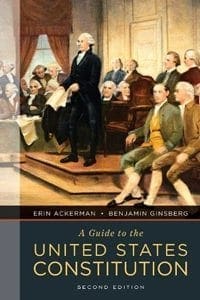
A Guide to the United States Constitution (second edition)
-
Benjamin Ginsberg
(co-author)
-
W.W. Norton ,2011

Stare in the Darkness: The Limits of Hip-hop and Black Politics
-
Lester Spence
(author)
-
University of Minnesota Press ,2011

Immigration and Citizenship in Japan
-
Erin Aeran Chung
(author)
-
Cambridge University Press ,2010, 2014
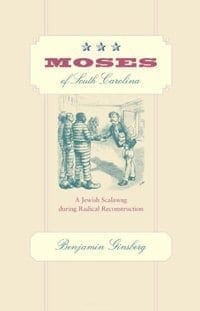
Moses of South Carolina: A Jewish Scalawag During Radical Reconstruction
-
Benjamin Ginsberg
(author)
-
The Johns Hopkins University Press ,2010
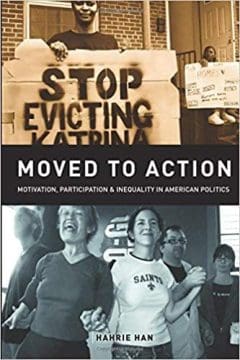
Moved to Action: Motivation, Participation, and Inequality in American Politics
-
Hahrie Han
(author)
-
Stanford University Press ,2009

States of Violence: War, Capital Punishment, and Letting Die
-
Jennifer Culbert
(co-editor)
-
Cambridge University Press ,2009
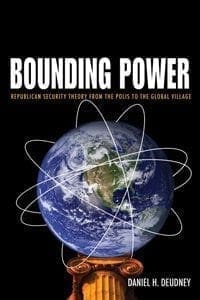
Bounding Power: Republican Security Theory from the Polis to the Global Village
-
Daniel Deudney
(author)
-
Princeton University Press ,2008

Catastrophic Consequences: Civil Wars and American Interests
-
Steven David
(author)
-
Johns Hopkins University Press ,2008
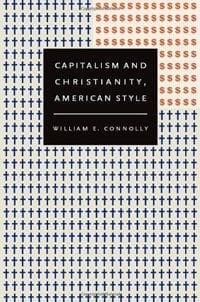
Capitalism and Christianity, American Style
-
William Connolly
(author)
-
Duke University Press Books ,2008

Dead Certainty: The Death Penalty and the Problem of Judgment
-
Jennifer Culbert
(author)
-
Stanford University Press ,2007
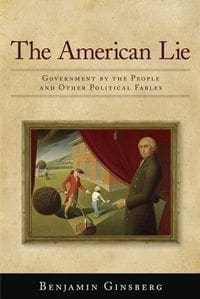
The American Lie: Government By The People and Other Political Fables
-
Benjamin Ginsberg
(author)
-
Paradigm Publishers ,2007
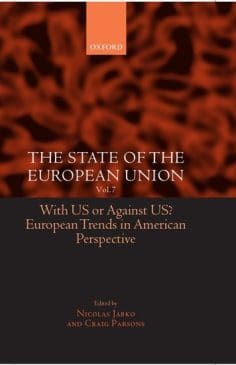
The State of the European Union: Volume 7: With US or Against US? European Trends in American Perspective
-
Nicolas Jabko
(author)
-
Oxford University Press ,2005

Knowledge Power: Intellectual Property, Information, and Privacy
-
Renée Marlin-Bennett
(author)
-
Lynne Rienner Pub ,2004
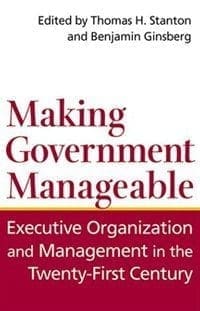
Making Government Manageable
-
Benjamin Ginsberg
(co-editor)
-
The Johns Hopkins University Press ,2004
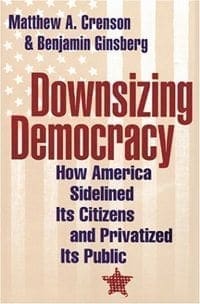
Downsizing Democracy: How America Sidelined Its Citizens and Privatized Its Public
-
Benjamin Ginsberg
(co-author);(co-author)
-
Johns Hopkins University Press ,2004
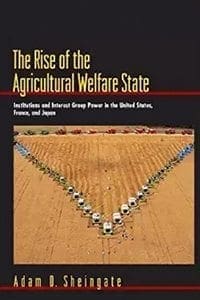
The Rise of the Agricultural Welfare State: Institutions and Interest Group Power in the United States, France, and Japan
-
Adam Sheingate
(author)
-
Princeton University Press ,2003
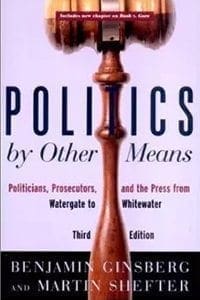
Politics by Other Means: Politicians, Prosecutors, and the Press from Watergate to Whitewater
-
Benjamin Ginsberg
(co-author)
-
W. W. Norton & Company; Third Edition ,2002
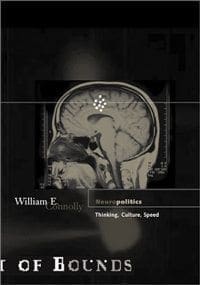
Neuropolitics: Thinking, Culture, Speed
-
William Connolly
(author)
-
University of Minnesota Press ,2002

Contested Grounds: Security and Conflict in the New Environmental Politics
-
Daniel Deudney
(co-editor)
-
SUNY Press ,1999
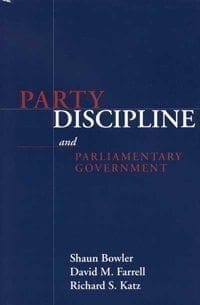
Party Discipline and Parliamentary Government (Parliaments and Legislatures Series)
-
Richard S. Katz
(co-author)
-
Ohio State University Press ,1999
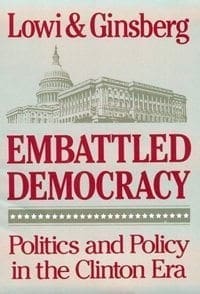
Embattled Democracy: Politics and Policy in the Clinton Era
-
Benjamin Ginsberg
(co-author)
-
W.W. Norton ,1995
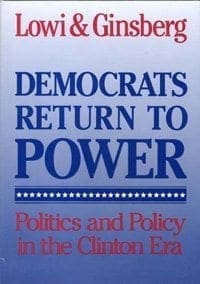
Democrats Return to Power: Politics and Policy in the Clinton Era
-
Benjamin Ginsberg
(co-author)
-
W.W. Norton ,1994

Food Fights: International Regimes and the Politics of Agricultural Trade Disputes
-
Renée Marlin-Bennett
(author)
-
Routledge ,1993
Choosing Sides: Alignment and Realignment in the Third World
-
Steven David
(author)
-
The Johns Hopkins University Press ,1991
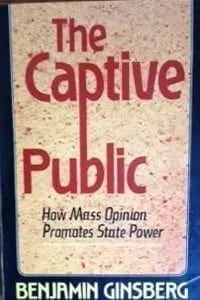
The Captive Public: How Mass Opinion Promotes State Power
-
Benjamin Ginsberg
(author)
-
Basic Books ,1988
Third World Coups d’Etat and International Security
-
Steven David
(author)
-
The Johns Hopkins University Press ,1986
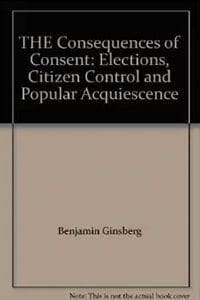
The Consequences of Consent: Elections, Citizen Control and Popular Acquiescence
-
Benjamin Ginsberg
(author)
-
Random House ,1982

A Theory of Parties and Electoral Systems
-
Richard S. Katz
(author)
-
Johns Hopkins University Press ,1980, 2007
